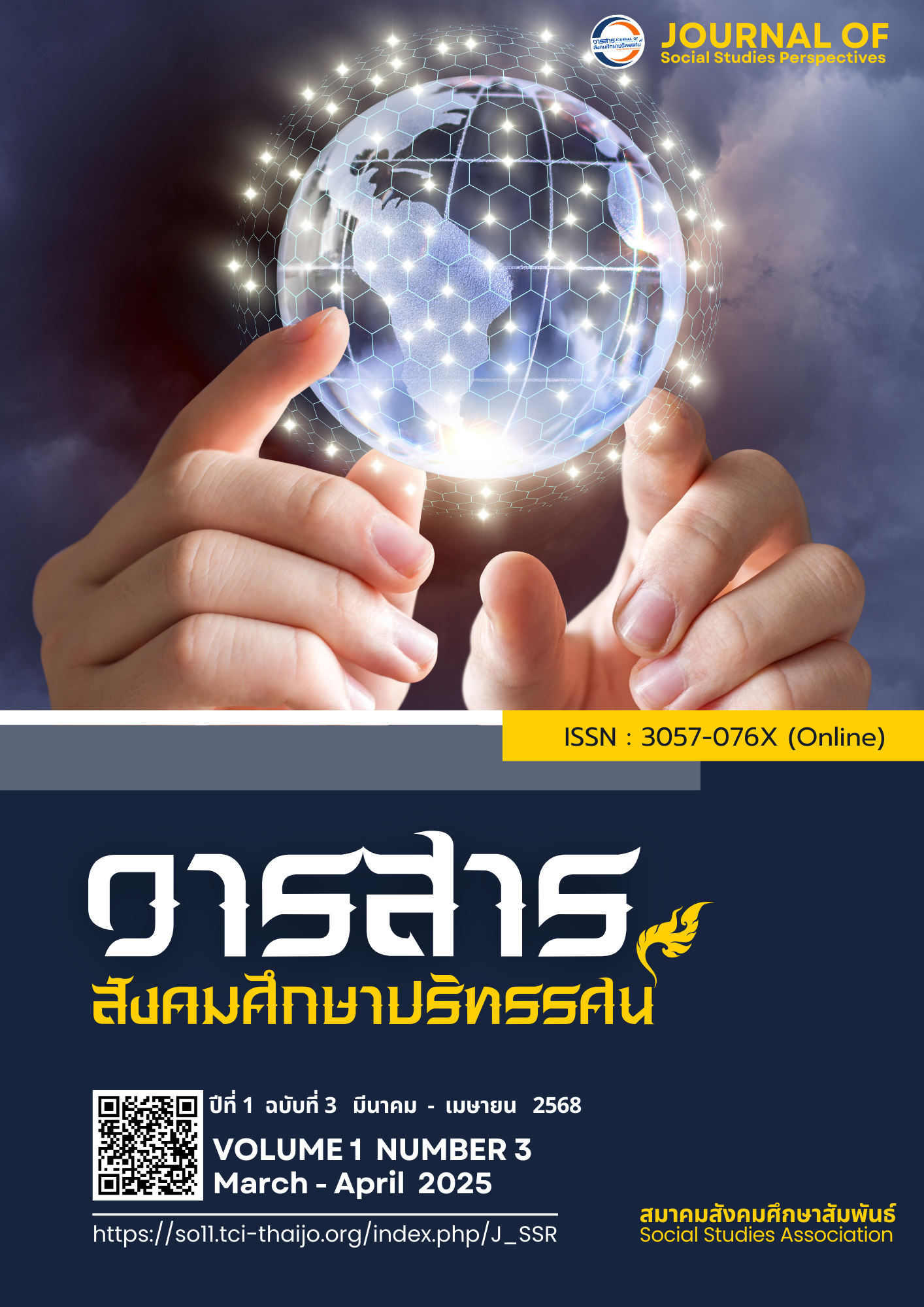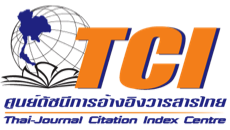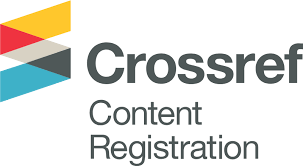การพัฒนาชุดฝึกทักษะการพัฒนาเว็บไซต์ในทางธุรกิจ เพื่อส่งเสริมความเป็นนวัตกรร่วมกับกลุ่มธุรกิจกระยาสาท ของนักศึกษาระดับประกาศนียบัตรวิชาชีพชั้นสูง สาขาเทคโนโลยีธุรกิจดิจิทัล วิทยาลัยการอาชีพพิชัย
DOI:
https://doi.org/10.64186/jsp1442คำสำคัญ:
ชุดฝึกทักษะ , การพัฒนาเว็บไซต์ในทางธุรกิจ , ความเป็นนวัตกรบทคัดย่อ
บทความวิจัยนี้มีวัตถุประสงค์ 1) เพื่อศึกษาความต้องการจำเป็นการพัฒนาชุดฝึกทักษะ เพื่อส่งเสริมความเป็นนวัตกรของผู้เรียน 2) เพื่อพัฒนาชุดฝึกทักษะเพื่อส่งเสริมความเป็นนวัตกรของผู้เรียน เป็นวิจัยเชิงปริมาณ กลุ่มตัวอย่าง ผู้อำนวยการ จำนวน 1 คน รองผู้อำนวยการ จำนวน 2 คน และครูจำนวน 32 คน และนักศึกษา ผู้เรียนระดับชั้นประกาศนียบัตรวิชาชีพชั้นสูง วิทยาลัยการอาชีพพิชัย จำนวน 28 คน โดยผู้วิจัยใช้วิธีการเลือกแบบเจาะจง (Purposive Sampling) เครื่องมือที่ใช้ในการวิจัยมี 2 ชนิด คือ 1) แบบสอบถาม 2) แบบทดสอบ วิเคราะห์ ข้อมูลโดยใช้ค่าร้อยละ (Percentages) ค่าเฉลี่ย (Mean) ค่าส่วนเบี่ยงเบนมาตรฐาน (Standard Deviation) และค่าความต้องการจำเป็นตามสูตร Modified Priority Needs Index (PNI Modified) ผลการวิจัย พบว่า ค่า Modified Priority Needs Index (PNI Modified ) 5 อันดับแรก ได้แก่ 1. ด้านทักษะความริเริ่ม (PNI Modified = 0.404) 2. ด้านทักษะการตั้งคำถาม (PNI Modified = 0.361 ) 3. ด้านทักษะการสังเกต (PNI Modified = 0.355) 4. ด้านทักษะการทดลอง (PNI Modified = 0.331) และ 5. ด้านทักษะการสร้างเครือข่าย (PNI Modified = 0.269) และ 2) ประสิทธิภาพของการชุดฝึกทักษะการพัฒนาเว็บไซต์ในทางธุรกิจเพื่อส่งเสริมความเป็นนวัตกรของผู้เรียน โดยภาพรวมมีค่าเท่ากับ 85.43/86.67
องค์ความรู้/ข้อค้นพบจากงานวิจัยนี้ คือ การสอนโดยใช้ชุดฝึกทักษะการพัฒนาเว็บไซต์ในทางธุรกิจธุรกิจ เพื่อส่งเสริมความเป็นนวัตกรของผู้เรียน ผู้สอนต้องศึกษาวิเคราะห์ หลักสูตร จุดประสงค์รายวิชา สมรรถนะรายวิชา คำอธิบายรายวิชา ที่จะนำมาสอนให้เข้าใจ ครูผู้สอนควรมีการศึกษาในเรื่องของความต้องการของชุมชนและการบูรณการการจัดการเรียนการสอนในยุคดิจิทัล รวมถึงการประยุกต์ใช้ AI เข้ามาในงานวิจัย เพื่อที่จะได้ให้ข้อเสนอแนะแก่นักศึกษาได้อย่างดีต่อไป
เอกสารอ้างอิง
Bank, K., Khumpai, et al. (2020). Format of online teaching and learning in the field of
engineering industry on the new normal during the COVID-19 crisis.
Mahachulalongkorn Journal, 8(3), 398-399.
Bunchom, S. (2010). Basic research (7th printing). Bangkok: Suriviriyasan.
Chaiyong, P. (1977). Teaching media system. Bangkok: Chulalongkorn University Press.
Dyer, J., Gregersen, H., & Christensen, C. M. (2011). The innovator’s DNA. Harvard Business
School Publishing Corporation.
Jiradej, M. (2008). Development of a training kit for thinking skills from printed media for
students Mathayom 3, Wada Thong Phleng School, Khlong San District Office,
Bangkok.
Jirarat, W. (2024). Guidelines for managing collaborative networks in the educational
management of special education centers, network group 9, under the Office of
Special Education Administration. Journal of Educational Science, Srinakharinwirot
Khon Kaen Campus, 25(2).
Kanokpitch, R., et al. (2021). Development of basic scientific skills in observation using
project-based learning methods in kindergarten 1 students. Hat Yai University.
Kanthicha, J. (2024). Developing academic achievement and experimental skills using learning
management 5-step knowledge inquiry model (5Es) combined with a science
experiment on the separation of substances. Mahasarakham University.
Khwansakul, U. (2021). Developing creativity using a teaching model for future problem-
solving processes according to Torrance's concept. Knowledge integration course.
Mahidol Wittayanusorn School Public Organization.
Kolb, D. A. (1984). Experiential learning: Experience as the source of learning and
development. New Jersey: Prentice-Hall.
Koson, P. (2021). Strategies for developing innovativeness of secondary school teachers.
(Doctor of Philosophy Thesis). Maha Sarakham University, Maha Sarakham.
Marut, P. (2017). Coaching paradigm to enhance creativity and innovation skills. Charan
Sanitwong Printing.
Office of the Basic Education Commission. (2019). Developing students to be inventors from
lessons on learning management for teachers who create and innovate. Bangkok: N60
Rattana Trading.
Pachara, S. (2020). Developing initiative in computer work using Sampson's practical skills
teaching model of students in Grade 3. Thesis in the field of curriculum and teaching.
Dhurakij Pundit University.
Pongsuwat, S. (2021). Development of achievement in research-based teaching (RBL) to
develop life skills of students at the Vocational Certificate level (Vocational Certificate
in the field of Electricity. Social Studies Review Journal, 1(January - February).
Preeda, Y. (2018). 4 types of innovators. National Innovation Agency.
Ratchaneekorn, H. (2020). 6C1T: Navavithi for the development of history teachers'
characteristics 4.0 (1st edition). Bangkok: Walk on Cloud Co., Ltd.
Sanpong, I. (2019). Educational institution administration in the digital age. Academic Journal
of Eastern University of Management and Technology.
Schoolwires. (2013). The flipped classroom: A new way to look at schools. [online]. Retrieved
May 2013.
Sittichok, S. (2021). Guidelines for developing academic networks of educational institutions.
Under the Lampang Primary Educational Service Area Office, Area 2. Thesis in
Educational Administration. Sukhothai Thammathirat Open University.
Suphanika, L. (2024). Developing mathematics skills with a set of science experiment
activities for early childhood children. Department of Early Childhood Education,
Faculty of Education, Loei Rajabhat University.
Thanchanok, P. (2024). Results of developing thinking skills using questioning techniques. A
story about following in the footsteps of the medicine doctor Prachin. Additional
courses for Prachinburi Suksa of Mathayom 6 students at Kabinwittaya School,
Prachinburi Province.
Tuen, T. (2020). Educational design in the new normal: Impact from the COVID-19 outbreak.
Teachers Council of Thailand Journal, 1(2), 1-10.
Wagner, T. (2012). Creating innovators: The making of young people who will change the
world. Scribner.
Wagner, T. (2012). Creating innovators: The making of young people who will change the
world. Scribner.
ดาวน์โหลด
เผยแพร่แล้ว
รูปแบบการอ้างอิง
สัญญาอนุญาต
ลิขสิทธิ์ (c) 2025 วารสารสังคมศึกษาปริทรรศน์

อนุญาตภายใต้เงื่อนไข Creative Commons Attribution-NonCommercial-NoDerivatives 4.0 International License.
บทความนี้ได้รับการเผยแพร่ภายใต้สัญญาอนุญาต Creative Commons Attribution-NonCommercial-NoDerivatives 4.0 International (CC BY-NC-ND 4.0) ซึ่งอนุญาตให้ผู้อื่นสามารถแชร์บทความได้โดยให้เครดิตผู้เขียนและห้ามนำไปใช้เพื่อการค้าหรือดัดแปลง หากต้องการใช้งานซ้ำในลักษณะอื่น ๆ หรือการเผยแพร่ซ้ำ จำเป็นต้องได้รับอนุญาตจากวารสาร










